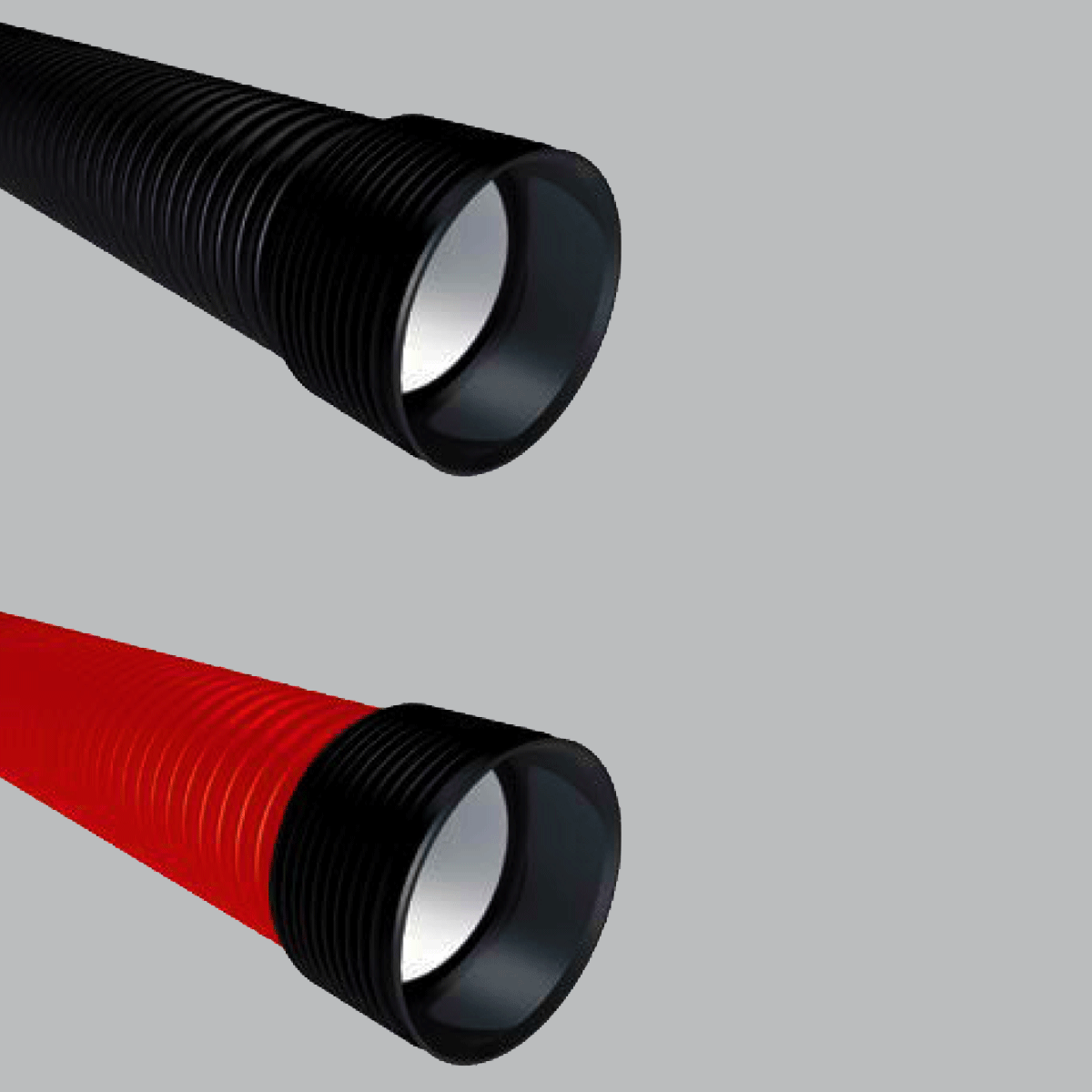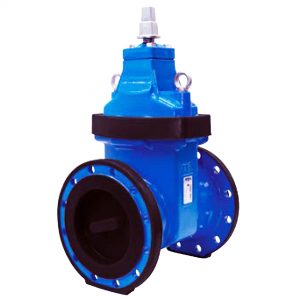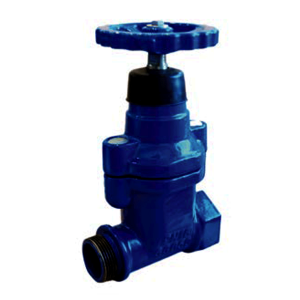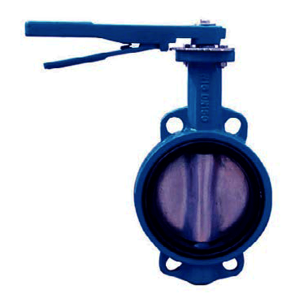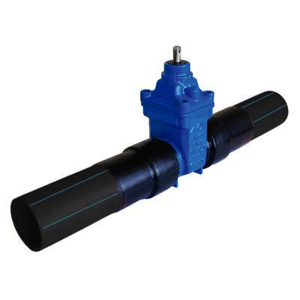Description
EVOCAB SUPERHARD 1250N reinforced double-wall cable conduits are designed for underground high-voltage cable lines. Due to the physical properties of polypropylene and the special structure of the conduits, these conduits feature a high compression strength (1250N) and a high impact strength.
EVOCAB SUPERHARD 1250N conduits have structured walls: they have a corrugated outside and feature high compression strength properties due to their special profile. The smooth inner surface of the conduit ensures easy pulling of cables.
Due to their special structural properties, these conduits are lighter, but more rigid, as well as more impact-resistant than the conventional smooth-wall conduits.
The conduit system consists of DN 110, 160, 200, 250, 315, 400, 500 mm conduits (DN=OD, nominal outer diameter) as well as unified connecting elements of the conduit system (couplers, elbows, end covers, reducers).
The conduits are supplied in straight 6 m bars (+ coupler). The standard colour of the conduits is black (RAL 9005). Other colours are available on request. The conduit system ensures water tightness up to 0.5 bar.
Functionality
- Long-term protection of high-voltage cables in high-load conditions, e.g. installations under traffic lanes
- Quicker, more convenient, and more cost-effective construction of high-voltage cable networks
Advantages:
- High compression strength which allows to install the conduits at smaller depths, thereby shortening the installation time and optimising the costs
- Easy, safe, and fully hermetic coupling of the conduits
- A high impact strength is maintained even at the lowest temperatures
- Chemical inertness, high corrosion-resistance
- Service life not less than 50 years
Physical properties:
- Material polypropylene (PP)
- Compression strength 1250N
- Thermal resistance -40ºC to +95ºC
- Density 900 – 910 kg/m3
- Elasticity modulus 1300 – 1750 MPa
- Thermal conductivity ~0.2 W/m ºC (depending on the properties of the soil)

